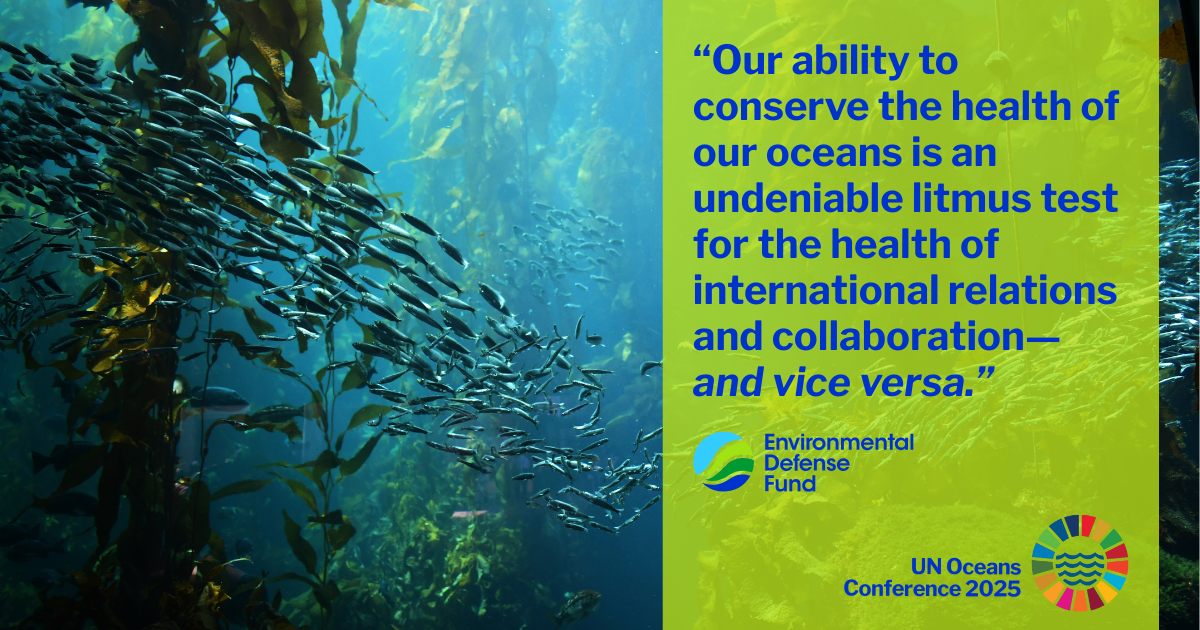FAO Reports 87% of the World’s Fisheries are Overexploited or Fully Exploited
The Food and Agriculture Organization has some good news and some bad news for us about the world’s fisheries (State of the World Fisheries & Aquaculture Report). The good news is that global fisheries and aquaculture production increased over the last few years, and people are eating more fish – a healthy source of protein. The bad news is that ocean fish catches went down and the percentage of the world’s assessed fish stocks that are overexploited or fully exploited went up to 87%. Aquaculture, the farming of fish, is increasing rapidly to meet growing consumer demand for seafood. While some aquaculture production operations have small environmental footprints, the sustainability of the industry overall is unknown. What does it mean for ocean productivity and the health of ocean ecosystems to remove 15 million tons of fish (19% of the total catch) every year and feed it to other fish?
The truly scary story behind the headlines is that these data only provide a glimpse of the whole picture, which is uncertain but troubling. The FAO’s estimates of fishery status (e.g., the number of stocks that are fully exploited or overexploited) are based on studies of only a tiny fraction of the world’s fisheries. These are the best managed fisheries in the world — thousands of other stocks are not assessed at all, and many have minimal or ineffective management systems in place. Moreover, a lot of these un-assessed and undermanaged fisheries are prosecuted in tropical coral reefs and other ecosystems that harbor a wealth of the ocean’s biodiversity. Recent studies suggest coral reefs are especially sensitive to fishing, tipping from healthy to unhealthy conditions when too many fish are harvested.
There is reason for guarded optimism. New methods are now available to rapidly and cheaply assess fish stocks, even when data are scarce. Even more importantly, the idea that empowering fishermen with secure catch privileges in ways that make sense for different ecosystems, cultures, and economic systems is the key to fixing the world’s fisheries is spreading rapidly. With improved information and powerful management tools, it seems clear that large improvements in fishery yields, food security, and conservation are within our grasp — if we reach high enough.













